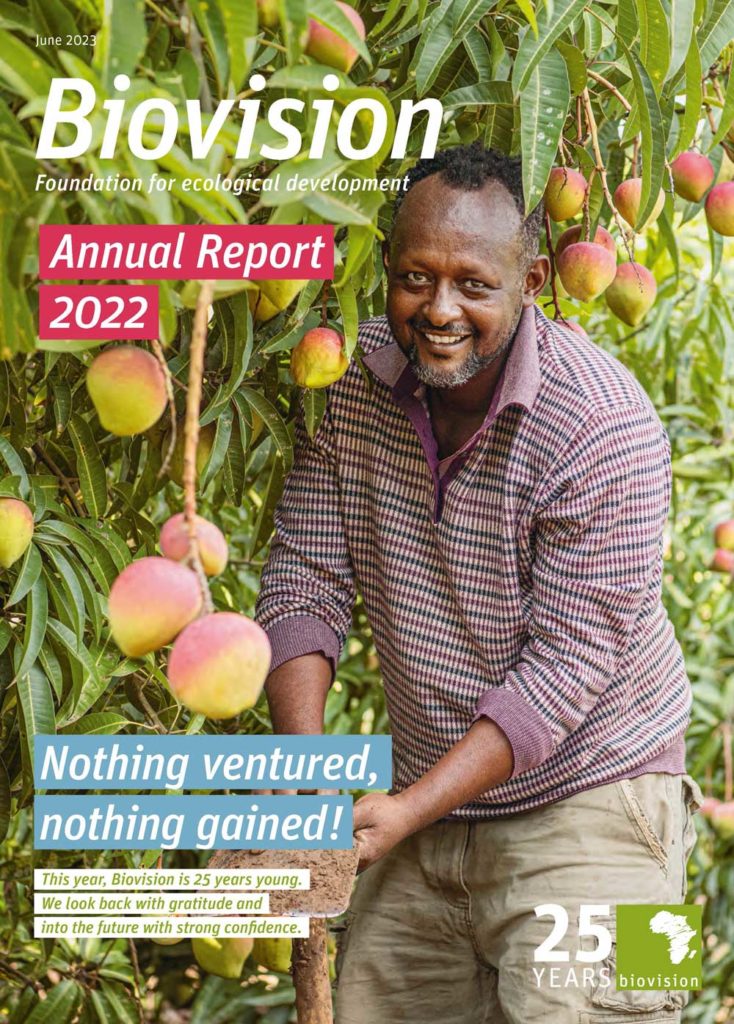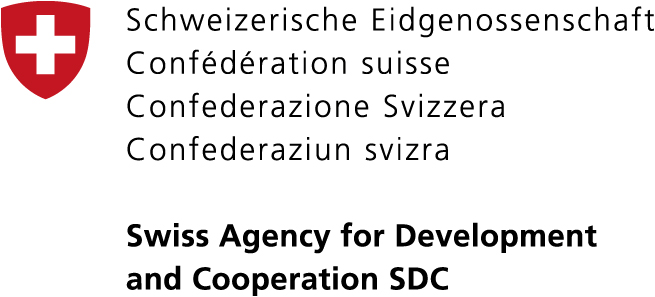Biovision – The foundation
Biovision has been promoting the conservation of natural resources for present and future generations since 1998. Its focus lies in the goal of providing every person with enough healthy and ecologically produced food.
Foundation for Ecological Development
Biovision helps people help themselves and promotes ecological thinking and action in sub-Saharan Africa, in Switzerland and internationally. It supports the development, dissemination and application of ecological agricultural methods that lead to sustainable improvements in food security while protecting the environment. As a pioneer of change, Biovision advocates for a fundamental agroecological transformation of food systems. In doing so, it supports agroecological innovations and approaches by bringing attention to them and encouraging their widespread application. Solution-oriented and pragmatic, Biovision’s activities are increasingly bridging civil society, politics, business and science.
Biovision is organized as a non-profit and politically independent, Zewo–certified foundation.
A look ahead
Milestones
Swiss World Food Prize winner and entomologist Hans Rudolf Herren founds Biovision together with Andi Schriber, Mathis Zimmermann and Jürg Weber with the aim of sustainably improving the living conditions of people in Africa and preserving nature as the basis of all life. In the 1980s, Hans Rudolf Herren’s biological methods for controlling an insect pest devastating to cassava saved millions of people in Africa from starvation.
The first projects in sub-Saharan Africa begin. They support local populations with ecological solutions for securing their livelihoods. Agroecology is the underlying concept behind the ecological solutions.
The World Agriculture Report, co-chaired by Hans Rudolf Herren, calls for a radical change in agriculture. It provides the starting point for Biovision’s engagement in international and national politics. The aim of this work is to promote suitable political framework conditions to transform the food system according to agroecological principles.
The independent partner organization Biovision Africa Trust (BvAT), based in Nairobi, implements the Farmer Communication Programme. Biovision’s informational project includes training courses, a farmer’s newspaper, radio programmes and the internet platform Infonet. BvAT now reaches over four million farmers every year.
The living conditions of people in Africa can only improve permanently if the global North recognizes its role in the overexploitation of resources and climate change and contributes to change. In 2011 Biovision expands its commitment in Switzerland. The awareness-raising programme in Switzerland uses knowledge transfer and sensitization to bring climate change and global injustices to the attention of the Swiss public and demonstrates how responsible consumption can counteract this development.
Biovision is the first Swiss non-governmental organization to be granted general consultative status in the United Nations Economic and Social Council. This entitles Biovision to participate in UN conferences and to actively engage in changing international framework conditions.
Biovision and its co-founder Hans Rudolf Herren are awarded the Right Livelihood Award (also known as the alternative Nobel Prize) for their commitment to overcoming hunger and to supporting the transition to sustainable food systems.
Biovision and the interdisciplinary Centre for Development and Environment (CDE) in Bern establish the Sustainable Development Solutions Network Switzerland (SDSN). The network, which Biovision hosts and supports in terms of content and funding, promotes the implementation of the United Nations 2030 Agenda for Sustainable Development in business, politics, science and civil society.
Biovision strengthens its commitment at the national level and works in solution-oriented and science-based ways to promote social and political framework conditions for a sustainable food system in line with the United Nations 2030 Agenda for Sustainable Development.
Biovision and the Centre Ecologique Albert Schweitzer (CEAS) create an alliance within the framework of a joint programme, enabling mutual learning and expanding their thematic and geographical scope. The programme is financially supported by the Swiss Agency for Development and Cooperation (SDC).
The Foundation Board
The Biovision Foundation Board is composed of six independent members from business, science, development cooperation and politics who are committed to the strategic development of the organization. The board members contribute their expertise free of charge.
Dr Hans Rudolf Herren, President of the Foundation Board
Hans R. Herren is one of the world’s leading scientists in biological pest control. He lived and conducted research in Africa for 26 years. From 1994 to 2005 he headed the International Centre of Insect Physiology and Ecology (icipe) in Nairobi, Kenya, which today is an important partner for Biovision in developing ecological methods. Hans R. Herren has been awarded various prizes for his research that benefits humanity. He is the only Swiss to have ever received the World Food Prize, awarded to him in 1995. In 2013, together with Biovision Foundation, he was awarded the Right Livelihood Award, also known as the alternative Nobel Prize.
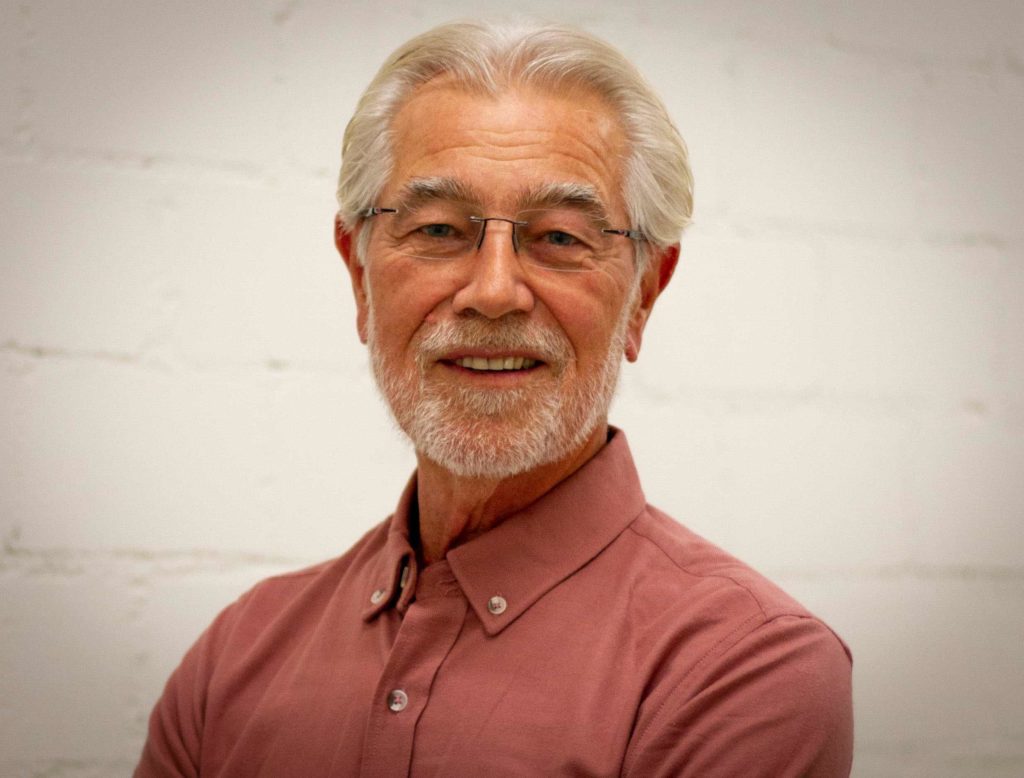
Dr Barbara Frei Haller, Pharmacist and ethnobotanist
Barbara Frei Haller has been a member of Biovision’s Foundation Board since 2001 and heads the Foundation’s programme committee. She holds a doctorate in pharmacy and works as a lecturer in ethnopharmacy at ETH Zurich. In her research and teaching she is interested in questions of interactions between people and plants in the context of different cultures and epochs. She has conducted research on medicinal plants in southern Mexico and on malaria prevention with local plants in East Africa at the International Centre of Insect Physiology and Ecology (icipe). She is working part-time as a pharmacist since 2000. From 2017 to 2022 she has been a member of the governing council of icipe as Chair of the Nominating Committees.
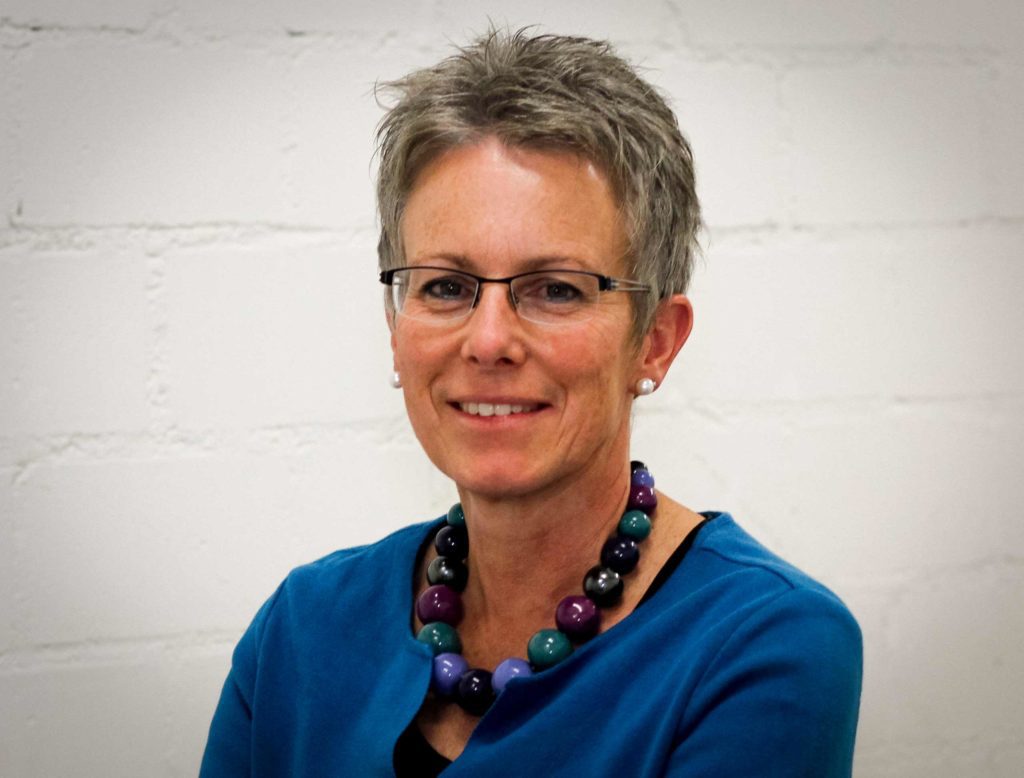
Mathis Zimmermann, Lawyer
Mathis Zimmermann has been a partner at the law firm Steinbrüchel Hüssy since 1995. His areas of expertise include corporate and contract law, foundation and association law, real estate and tenancy law, inheritance law and estate planning, and labour law. He is part of the founding team of the Biovision Foundation and has been a member of the Foundation Board since its inception. He is passionate about natural resource conservation and equitable development.
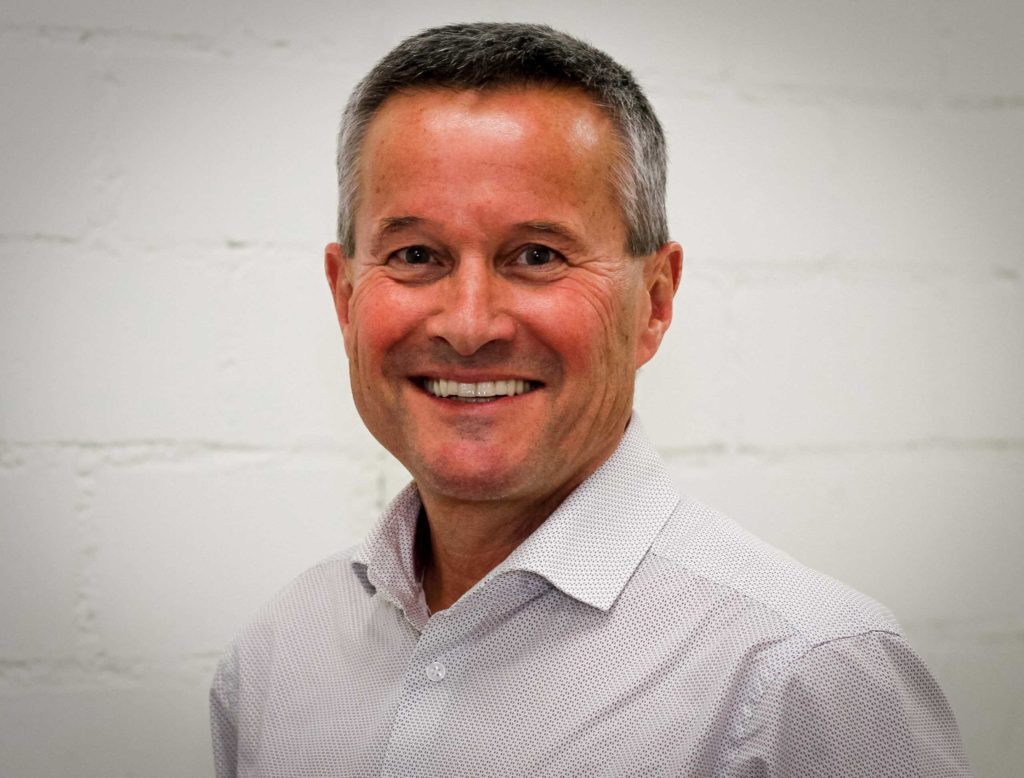
Paula Daeppen-Dion, United Nations NGO Representative
Paula Daeppen-Dion’s professional career was in the field of dental and public health. She devotes her time to numerous nonprofit organizations and representing NGOs at the United Nations, where she focuses on gender and environmental issues. She is a board member of the NGO Committee on the Status of Women, an organization made up of NGOs holding Consultative Status with the UN Economic and Social Council, of which Biovision is one. As an international networker, she promotes and pursues Biovision’s goals and mission in the areas of fundraising, public relations and gender. She has been a member of Biovision’s Foundation Board since 2010.
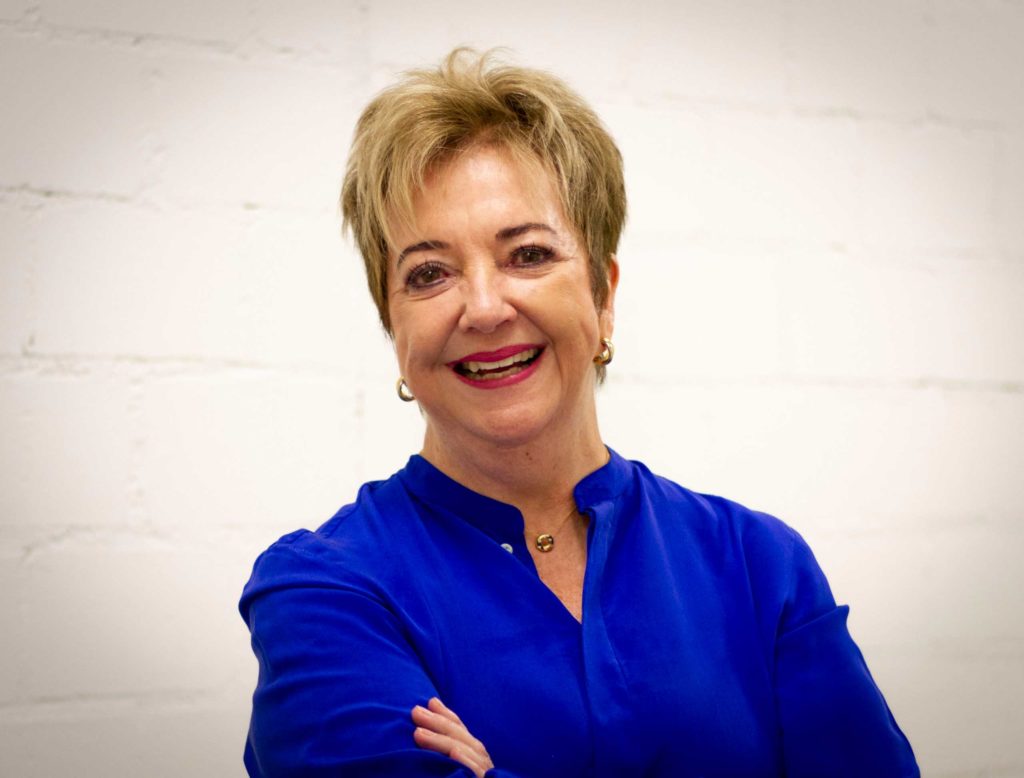
Maya Graf, Member of the Council of States and organic farmer
Maya Graf, Member of the Council of States (Green party, Biel) and organic farmer, has been associated with Biovision since her commitment to implementing the World Agriculture Report (IAASTD) in 2009 and was elected to the Foundation Board in 2018. For many years, she has successfully campaigned for GMO-free sustainable Swiss agriculture and animal welfare. Graf is member of the board of ProSpecieRara. Since November 2014 she has also been co-president of alliance F, the Federation of Swiss Women’s Organizations and since 2020 Co-President of Inclusion Handicap, the umbrella organisation of disability organisations in Switzerland.
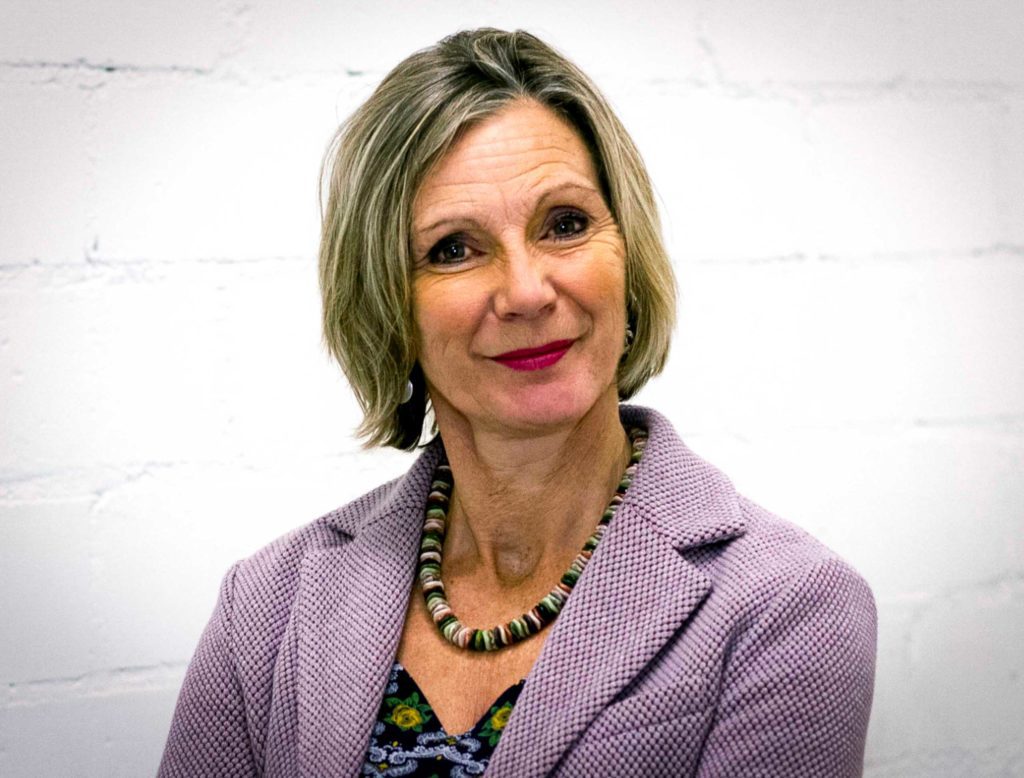
Shruti Patel, Senior Scientist at NADEL, ETH Zurich
Born in Kenya, Shruti Patel studied agricultural sciences and development studies in Cambridge and Nottingham. She then gained valuable experience as a researcher in development economics at the University of London before returning to her home country as an independent consultant. In 2016, she joined Biovision as Programme Officer for East Africa. Since 2021, she has been a senior lecturer at NADEL, the Center for Development and Cooperation at ETH Zurich, where she focuses on food and nutrition security and building partnerships. In June 2021 she was elected as the youngest member of the Biovision Foundation Board.
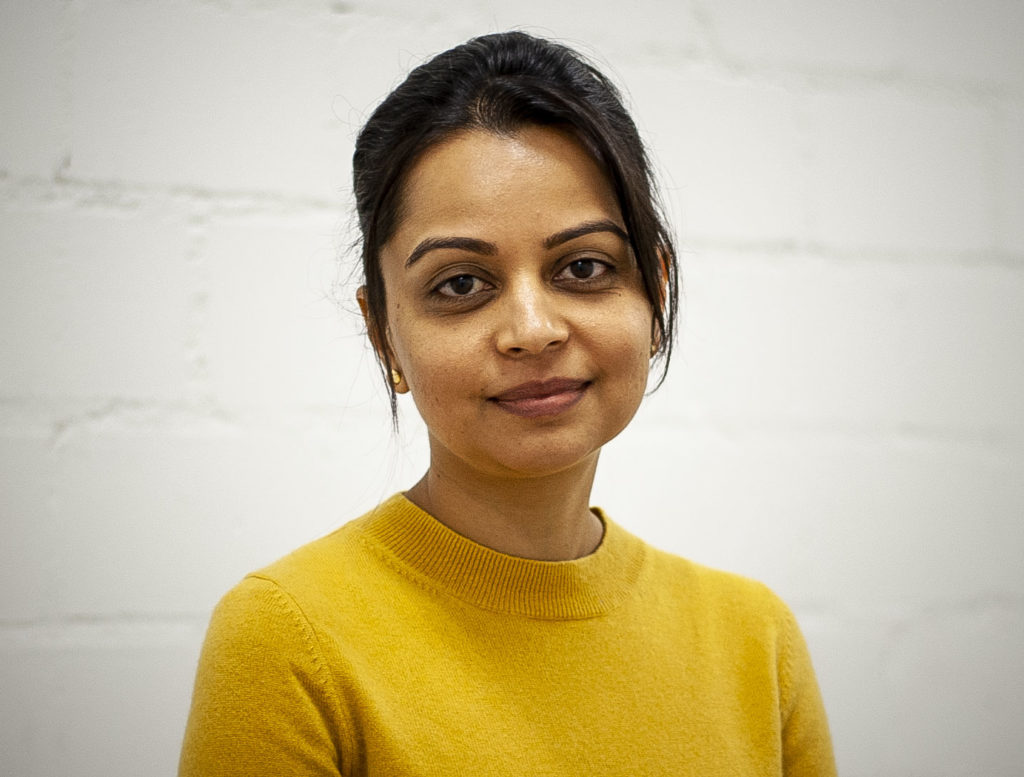
Executive Committee
The Executive Committee is composed of representatives from the three programme areas (development projects, policy & advocacy, and the Switzerland programme) and the areas of communication & fundraising, finance, and HR & administration. The management of Biovision is assumed collectively by the members of the Executive Committee. In the organisational chart you can see how we are structured.
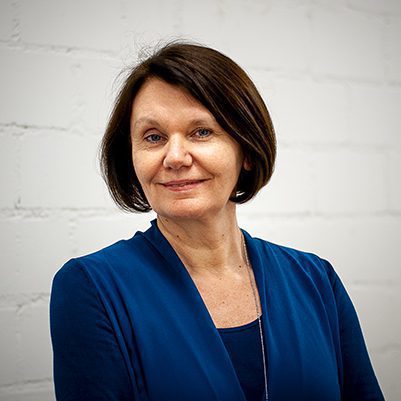
Alexandra Arnold
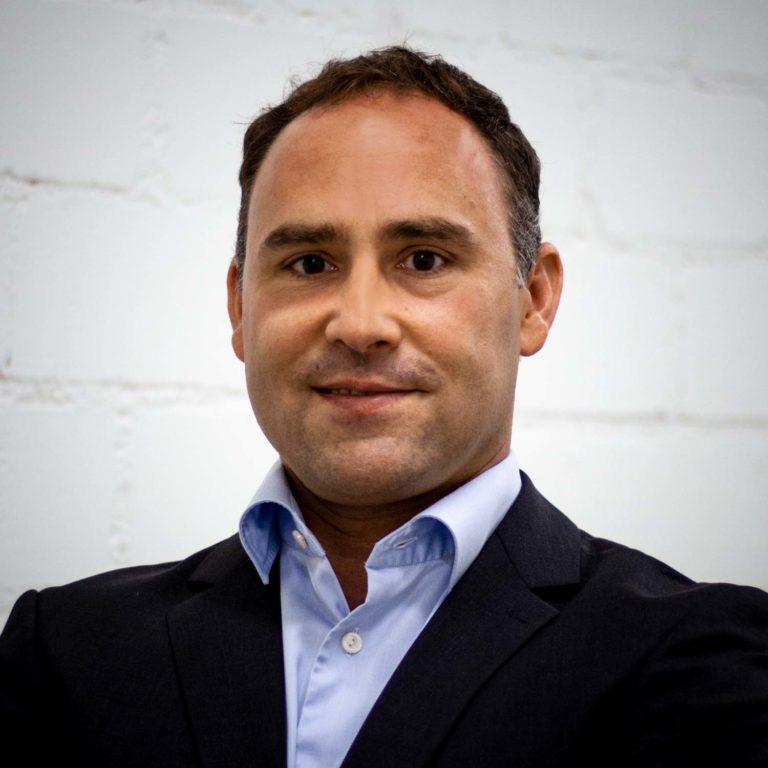
Dario Brühlmann
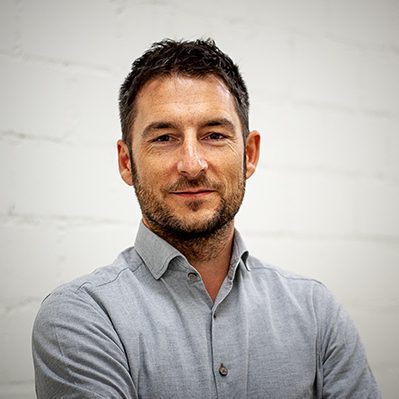
Fabio Leippert
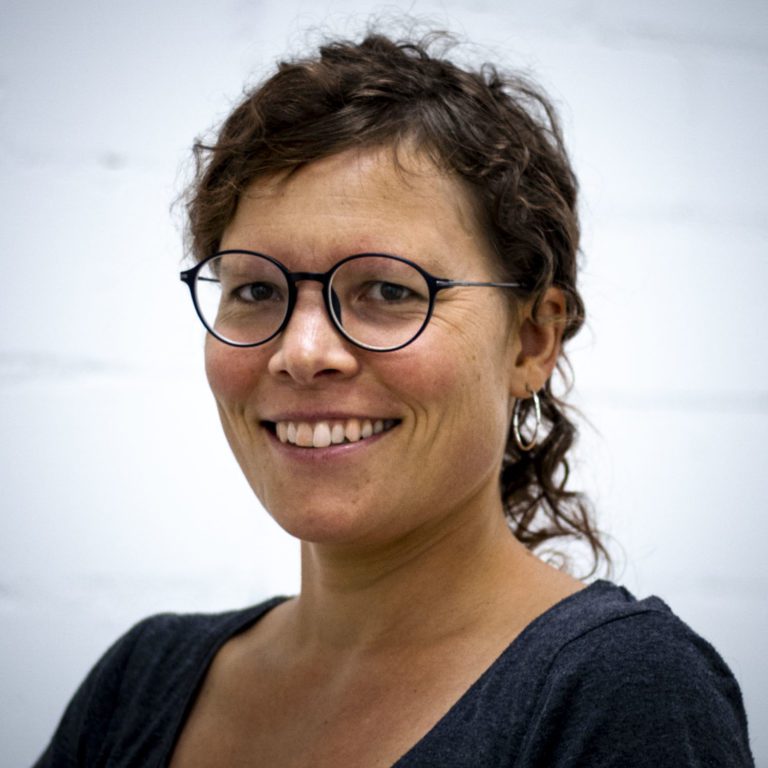
Loredana Sorg
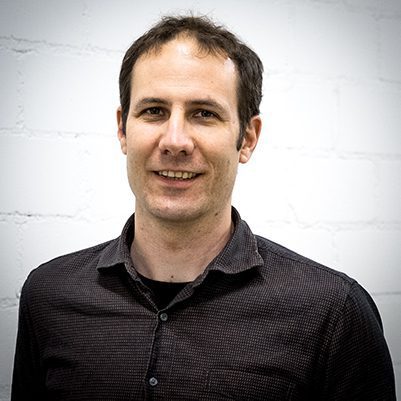
Martin Schmid
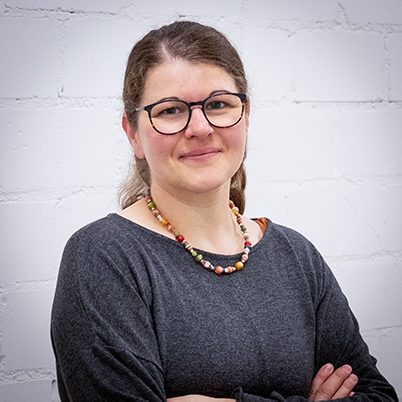
Sabine Lerch
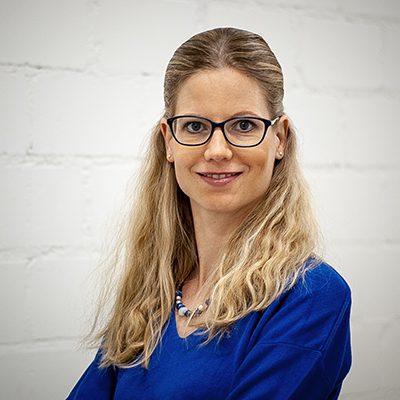
Stefanie Pondini
Team
At the offices in Zurich and Geneva, around 60 employees work with dedication, competence and passion for the common vision of a world with enough healthy food for everyone. In diverse fields of activity, the team strives for the implementation of the United Nations 2030 Agenda for Sustainable Development and to encourage people to become involved in the agroecological transformation of food systems.
Annual Report
Biovision is having an impact: 38,200 farming families in East Africa are using agroecological methods thanks to our projects. And through direct contact in Switzerland we have motivated 9,280 adults and children to consume sustainably and to protect healthy soils. In total, Biovision invested around CHF 12 million in projects in 2022, which is CHF 3 million more than in the previous year. More information and figures about our impact can be found in the Annual Report 2022.
The Biovision Annual Report 2022 is available for download in German, French and English.
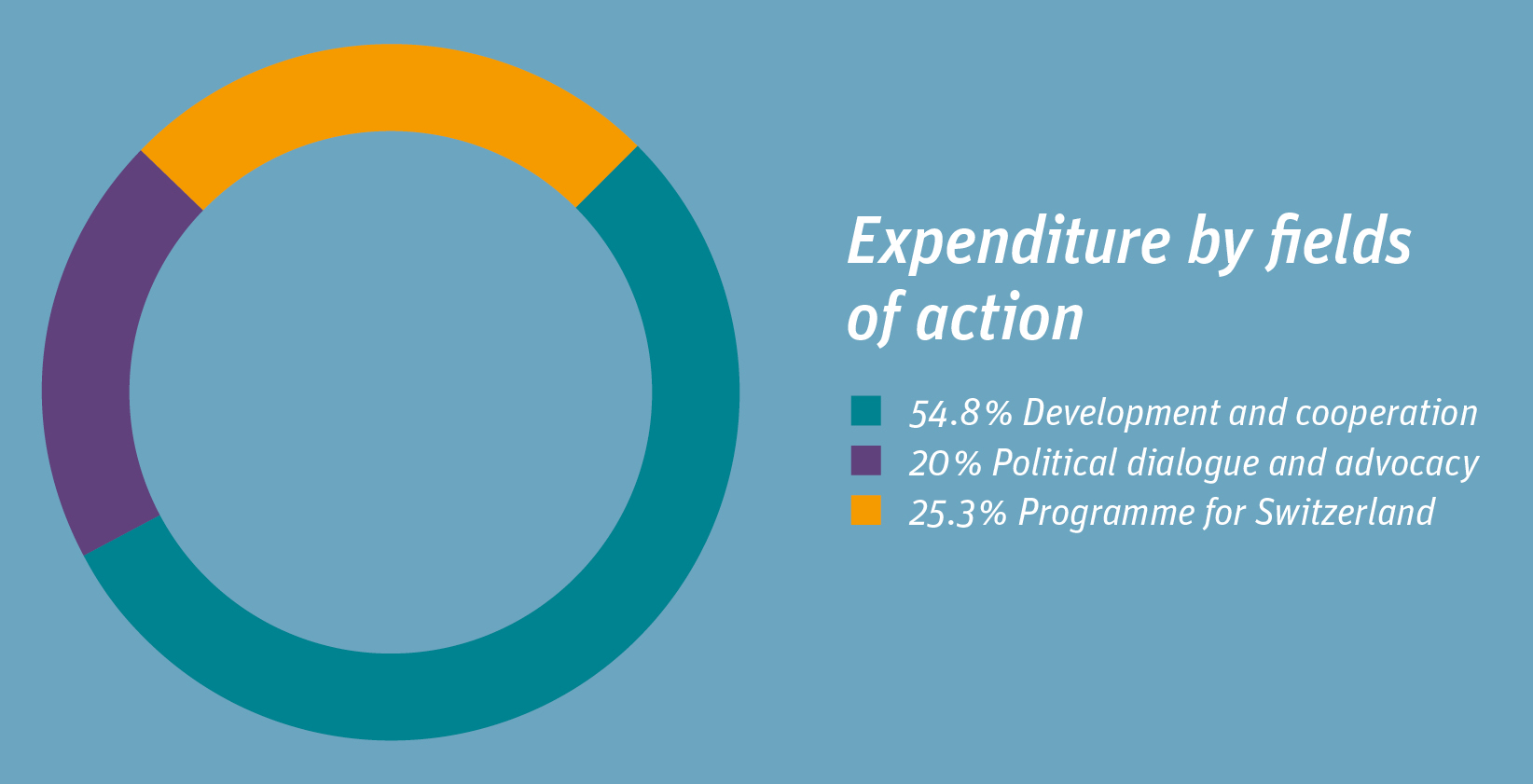
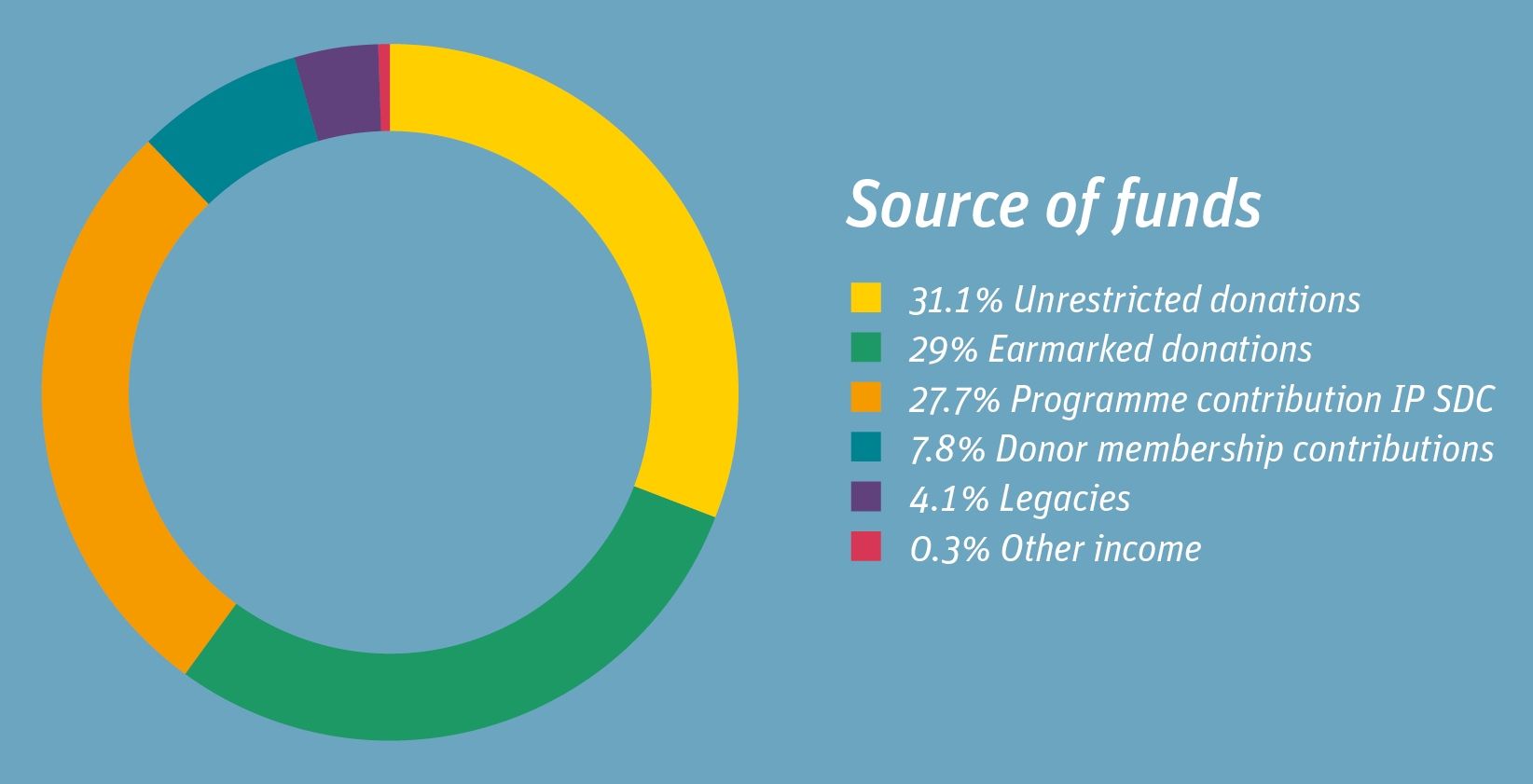
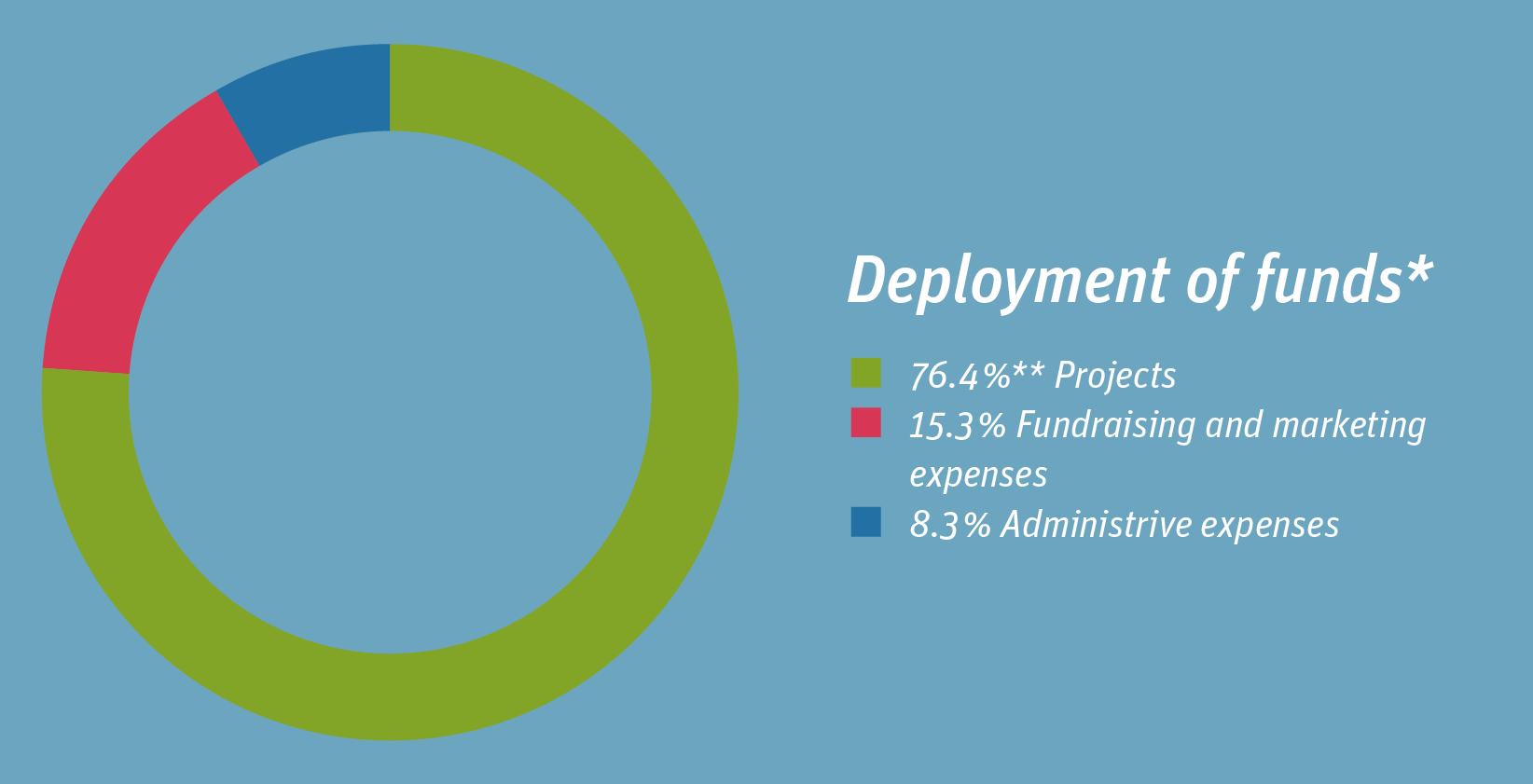
Strong partnerships and networks
Biovision works internationally, with a focus on sub-Saharan Africa and Switzerland. We develop projects in sub-Saharan Africa in cooperation with local experts, renowned partner organizations, smallholder families and research institutions. Our partners’ project managers are in close contact with the Biovision programme managers in Switzerland. In this way we ensure constant and professional support and can guarantee project sustainability in the longer term.
In addition to practical project work in the field, we are active in various national and international networks. In Switzerland, we advocate for better political framework conditions, build awareness of sustainable consumption among the population, and mobilize for the implementation of the 2030 Agenda. Internationally, we work with influential organizations, deliver knowledge and solutions on sustainable food systems to expert circles, and network decision-makers in different areas of politics, business, science and civil society.
More information about our partnerships and networks can be found in the annual report on page 23.
Strategic partnership with CEAS
Biovision formed a strategic partnership with the Centre Ecologique Albert Schweitzer (CEAS), based in Neuchâtel, in 2019. Similar to Biovision, CEAS also attaches great importance to including the local population in its development cooperation, as well as to disseminating scientifically grounded ecological solutions. CEAS is mainly active in Burkina Faso, Senegal and Madagascar and focuses on renewable energies, sustainable waste management and value chain development. Biovision and CEAS thus complement each other in their thematic and geographical fields of activity, and their experience strengthens each other’s expertise.
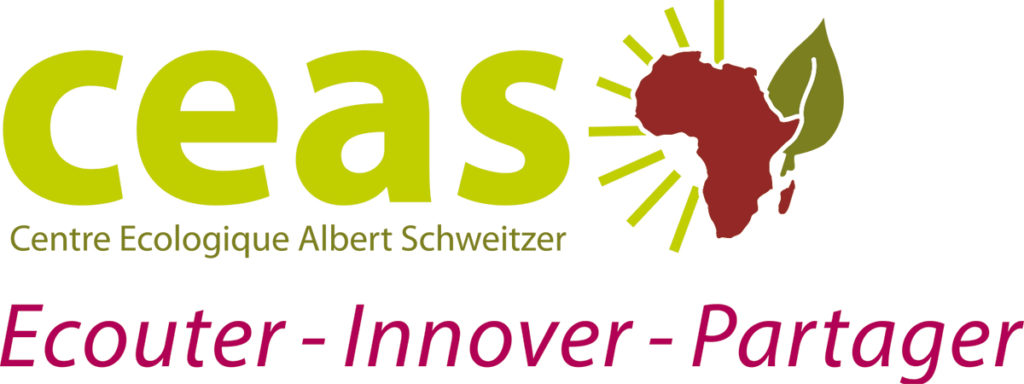
Partnership with the Swiss Agency for Development and Cooperation (SDC)
Biovision is an official partner organization of the Swiss Agency for Development and Cooperation (SDC) of the Federal Department of Foreign Affairs (FDFA). SDC financially supports Biovision’s international projects.


